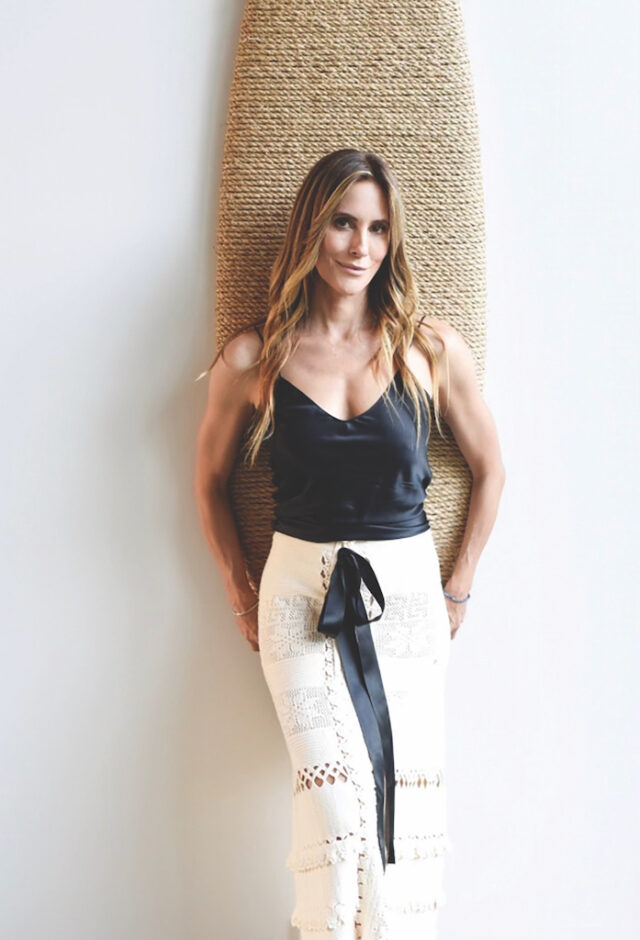
Social psychologist Jonathan Haidt’s important new book The Anxious Generation has finally got everyone talking about the troubling consequences of the “phone-based childhood.” It got me thinking: Why do we wait to have the collective hard conversations until they’ve been voiced and validated by experts? If we’re really honest, don’t we know the dilemma intimately ourselves? After all, we adults live it too, every day. (Admit it, when was the last time you didn’t scroll through social media on the toilet?)
Whether we like to admit it or not, we’ve all made an agreement with technology, one where we ignore the uneasy feeling inside saying, This is too much—too much information, too much distraction, too much of other peoples’ thoughts living inside our minds in exchange for stimulation, “all the latest ideas from everywhere,” and yes, dopamine. Do we dare ask ourselves, in a quiet, screen-free moment, Do the benefits actually outweigh the costs? It’s a good question to ask, and no better time than now. Not only because our kids need us to engage with it, urgently, but because incessant information streams are only getting faster and more addictive as artificial intelligence-generated content hits the online space.
When Purist Wellness Editor Amely Greeven spoke with Biomancy creator Dr. Azra Bertrand (see page 46), they discussed whether we have reached “peak thinking” collectively—it certainly seems that way, and Bertrand describes it feeding a desire to drop into deep time, to reconnect to our bodies, our senses, to nature, and each other. This does not (necessarily) mean abandoning all online engagement, but rather, rejecting the ever-shorter, faster content hits for longer-form conversations—podcasts, articles, summits—filled with substance and nuance.
The ’60s had the Summer of Love. Is this the Summer of Reckoning, and of Reconnection? I believe it may be. Do we still want that agreement in place, or do we want to renegotiate it? No need to blame anyone for what happened previously, but given what we are learning now, what do we want to do about it? For one thing, it starts by postponing the age kids receive a smartphone, and laying a new boundary. If we do it together, we can create a new normal.
When it comes to us older ones, let’s be curious and try new things—not judgy! Install the Opal app on your phone to manage and reduce your screen time. Do a phone or social media detox for a weekend (I did it. It’s hard; I survived). And just notice. How does my mind feel now that I’m not checking Instagram all the time? How does my body feel without hundreds of strangers’ comments vying for my reaction? Did I actually miss out on anything important…and what did I do in the time I freed up? We’ve got lots of great ideas in this issue for what to do with those recovered hours. So put away your phone, sink into stillness and enjoy the (slow, cover-to-cover) read!






